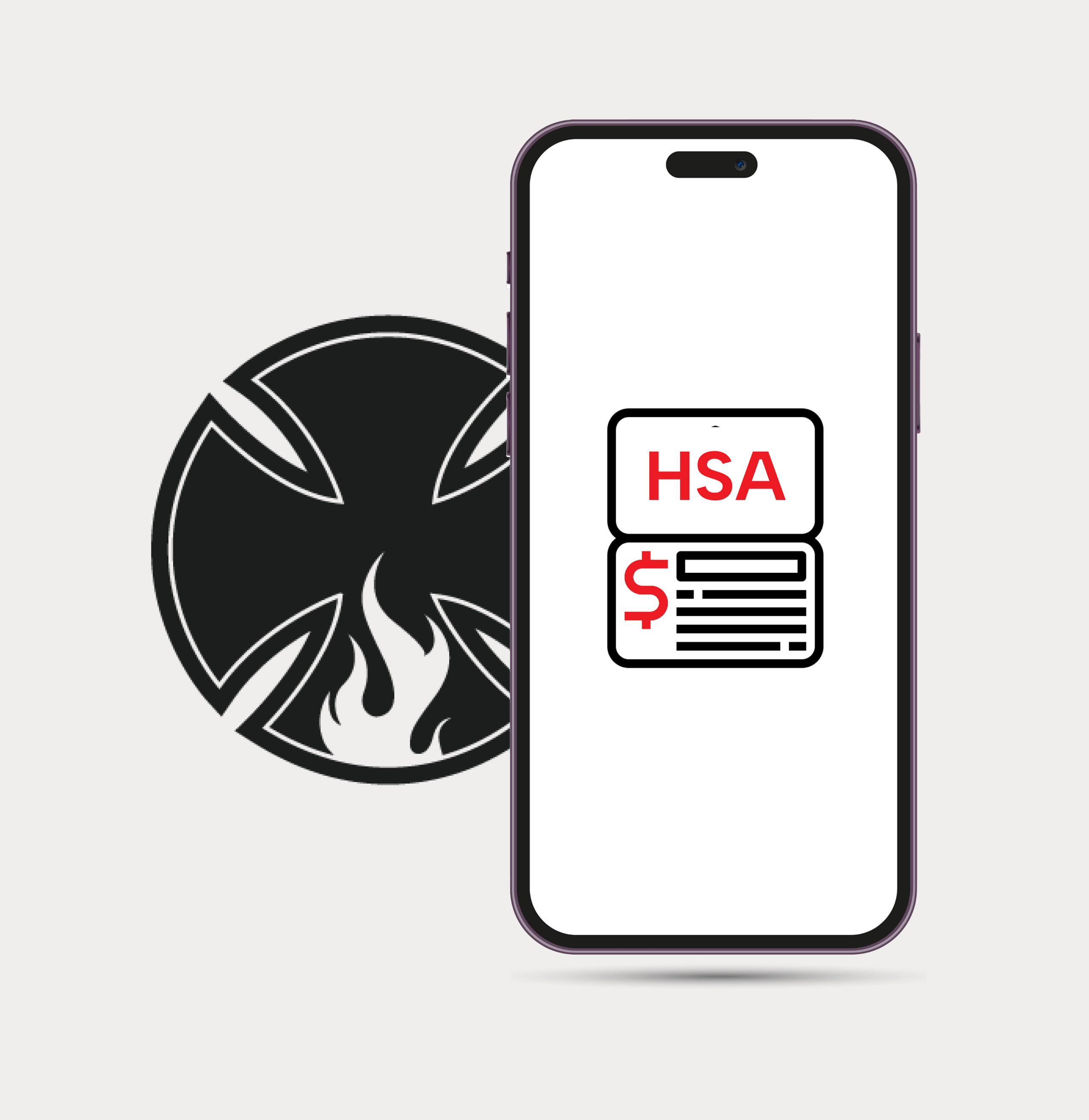Welcome to CrossFit Incendia
It’s not just a gym. It’s a lifestyle.

Since 2012
CrossFit Incendia has become more than just a place to work out; it’s a lifestyle that encourages self improvement, healthy habits, supportive relationships, serving the community, and building resilience in pursuit of life goals.
Located in North Peoria, we’ve grown into one of Arizona’s largest and most accomplished CrossFit gyms, with a reputation for excellence in both fitness and community spirit.
Whether you’re a competitive athlete pushing your limits, or you’re looking to improve your health in a fun and encouraging environment – Everyone is welcome here.
What Sets Us Apart
WOD Options That Suit YOU
Every CrossFit workout has Performance, Fitness, and Health options to choose from so you can attend any class time and get the workout YOU need.
Specialty Classes
Try any of our specialty classes to work on a weakness, or just mix things up! Specialty classes include Barbell, Endurance, CrossFit Kids (Seasonal), and Incendia Athletics Teen Camps (Summer).
Professional Programming
Every workout is constantly varied and functional to help you become stronger, more skilled, and ready for whatever life throws at you. Each workout and strength cycle is programmed with your development in mind.
Top Notch Facility
Boasting a spacious main floor, large backyard workout space for classes or accessory work, two large rigs (one outdoors), and two additional training spaces for accessory work – you’ll never be at a loss for space.
The Best Equipment
Enjoy a wide variety of equipment spanning from the best Olympic barbells to give your lifts that extra finesse, to big tractor tires for flipping, BikeErgs, SkiErgs, RowErgs, to ample Echo Bikes for full body cardio… We’ve got it ALL.
Expert Coaches
Many of our coaches have specialty certifications such as Olympic Weightlifting, Endurance, CrossFit Level 2, and 10+ years experience.
Kid Care
Kids love it here! Our kids room is equipped with toys, puzzles, games, table, couches, TV, and the best care-takers. There’s also a window and live video feed for your peace of mind. (Available by reservation.)
Locker Rooms
Our locker rooms boast full private showers with complementary towels for workouts on-the-go. You’ll also find a fully stocked counter with hygiene necessities, so nothing gets in the way of your workout.
Towel Service
Sweat towels (blue) and cleaning towels (white) can be found by the front desk along with a color-coded hamper to drop your towels after your workout. Fresh towels are provided for each class for your convenience. Expanded Towel Service for use in our showers is also available.
Community Events
We like to bring the fun while building relationships and serving our community! Together we participate in holiday-themed workouts, blood drives, Trunk or Treat, Incendia Nights, Turkey Trot, Fitness Competitions, Fantasy Football, Beer Club, Bible Study, Pictures with Santa, Toy and food drives… and more!
Our Philosophy

Join Us
Flexible options for every lifestyle:
Drop-Ins
Try us out and see for yourself what CrossFit Incendia is all about. If you are looking for a new gym home, your first class is always free. Just arrive 15 minutes early to sign your waiver. (Travel drop-ins are $30)
Punch Cards
This is a great option for busy seasons in life, having a place to work out near a frequent commute, or even for a spouse or someone who will join you occasionally.
Memberships
Memberships are for anyone committed to making CrossFit part of their day-to-day lifestyle routine. (Ask about special rates for first responders and military).

Now Accepting
HSA + FSA Payment Methods
We’re excited to announce that CrossFit Incendia now accepts Health Savings Account (HSA) and Flexible Spending Accounts (FSA) payments! You can now use your HSA & FSA to pay for your drop-in class, punch card, and memberships—making it even easier to invest in your health. Take your fitness journey to the next level with the flexibility of HSA & FSA payments at CrossFit Incendia!



